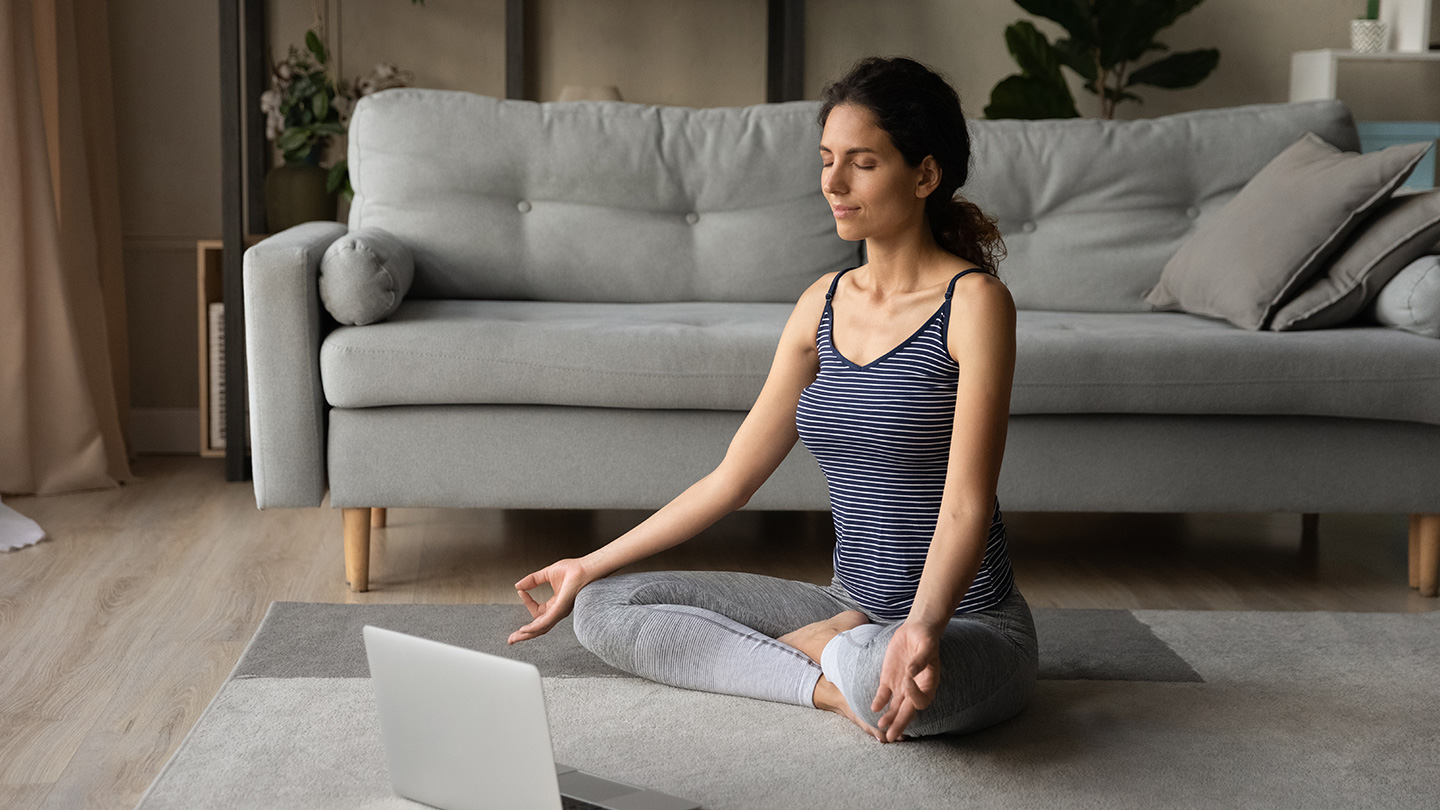Miscellaneous
UV Safety Month: Pre-Workout and Post-Workout Sun Protection Tips
With these simple yet effective sun protection tips, you can make sure your fitness goals go hand in hand with healthy, happy skin, all season long.

With the rising humidity, the sticky, cloudy weather and the sun playing hide and seek, just applying sunscreen isn’t going to cut it when it comes to your outdoor workout skincare routine. As the sun rises above, so does the risk of skin issues like sunburn, long-term damage, and even skin cancer. And while taking care of your body is great, you can’t just let your skin sizzle in the sun while you’re burning calories.
So, let’s dive into a few simple sun protection tips to make sure your summer workouts do good for both your body and your skin.
Related Story: Monsoon Skincare: Six Ways to Keep Your Skin Healthy in Humid Weather
Pre-Workout Sun Protection Tips
Apply the right sunscreen
One of the basics, and a non-negotiable, before stepping out for your workout is applying sunscreen. It doesn’t just shield your skin from harmful UV rays that cause sunburn, but also helps prevent tanning. Whether it’s sunny or cloudy, UV rays can still sneak through and cause long-lasting damage.
So make sure to use sunscreen with at least SPF 30, or higher if your skin burns easily.
Related Story: How to Layer Sunscreen With Your Skincare
Don't forget the missed spots
When applying sunscreen, it’s easy to miss spots like your lips, ears, nose, scalp, and the back of your neck. These areas are actually more sensitive than the rest of your skin and tend to get sunburnt faster. Too much sun exposure here can lead to early signs of ageing, discoloration, and in the long run, even increase the risk of skin diseases and skin cancer due to exposure to UV rays.
Adjust your workout schedule wisely
Adjusting your workout schedule can go a long way in reducing sun exposure and protecting your skin from harsh UV rays. Try to avoid peak sun hours and plan your workouts for early mornings or late evenings, when the weather is gentler and more workout-friendly.
The ideal time to head outdoors is before 10 AM or after 4 PM. This way, you minimise sun damage while still getting your workout in.
Related Story: Ask A Dermatologist: What Is The Secret For Healthy, Glowing Skin?
Wear sun-protective clothing
Applying sunscreen alone isn’t enough to fully protect your body from UV exposure, which is why choosing the right workout clothes plays an important role. Ultraviolet Protection Factor (UPF) clothing is a great option if you’re looking for extra sun protection. These clothes are usually lightweight, breathable, and designed with features like extendable hoods, high collars, and full-length sleeves to offer better coverage for areas like the neck and head.
That said, wearing UPF clothing isn’t a must, you can always pick workout clothes based on your comfort, the kind of exercise you’re doing, and the level of coverage you prefer. You can also throw on a cap or hat and wear sunglasses to protect sensitive areas like your scalp and the skin around your eyes, which are more prone to sun damage and related skin issues.
Hydrate
Hydrating your skin and body is essential before any workout, whether it’s indoors or outdoors. But when you're exercising under the sun, hydration becomes even more important. Applying a good moisturiser helps create a barrier that shields your skin from harmful pollutants and sun exposure.
Keeping your skin hydrated also prevents dryness and irritation, which can be triggered by both sun and sweat. Plus, proper moisturization helps maintain your skin’s elasticity and overall health.
And remember, hydrating your skin on the outside isn’t enough. Make sure you’re also drinking enough water before, during, and after your workout to keep your body hydrated from within.
Related Story: Six Foods You Should Eat For Flawless Skin
Post-Workout Sun Protection Tips
Cleanse immediately
It’s important to cleanse not just your face, but your entire body after an outdoor workout, whether it’s running, biking, or swimming. Cleansing helps remove sweat, dirt, and grime that build up on your skin, which, if left unchecked, can lead to bacterial growth and body acne.
Using a gentle, non-stripping cleanser for both your face and body is a good idea, it keeps your skin clean without irritating it, and helps it breathe. Cleansing right after your workout also lowers the risk of infections and helps get rid of body odor, leaving your skin feeling fresh and healthy.
Related Story: Expert Shares Skincare Advice For Pre and Post Workout
Use antioxidant skincare products
Using antioxidant-rich skincare products, those containing ingredients like green tea extract, aloe vera, and niacinamide, can help soothe irritated skin and reduce redness caused by excessive sun exposure. Antioxidants like Vitamin C also play a key role in strengthening your skin’s natural defense against harmful UV rays and can even help brighten your complexion after an intense workout under the sun.
These ingredients are especially beneficial because they help neutralise free radicals, harmful molecules generated by UV exposure, that can lead to skin damage and premature ageing.
Oral antioxidants like Vitamin C and Vitamin E can also play a significant role in protecting your skin from sun damage and harmful UV rays. However, before adding them to your workout skincare routine, it’s best to consult a dermatologist, who can guide you based on your specific skin type, lifestyle, and overall needs.
Moisturise and rehydrate
Moisturising your skin after an outdoor workout is just as important as prepping it beforehand. It helps restore lost hydration and reinforces your skin’s barrier, especially after sun exposure. Along with that, rehydrating your body from the inside out, by drinking enough water and using a good moisturizer, can speed up your post-workout recovery and help regulate your body temperature.
Avoid further sun exposure
Avoiding further sun exposure after your workout is key to helping your body cool down and protecting it from additional UV damage. Giving your skin a break from the sun helps prevent irritation, and sunburn, and in the long run, reduces the risk of skin cancer.
Don't apply sunscreen to sweaty or dirty skin
It’s not recommended to apply sunscreen on sweaty or dirty skin, as it can trap dirt, oil, and pollutants, causing irritation or breakouts. Applying sunscreen on unclean skin also prevents even application and proper absorption, which can reduce its effectiveness and leave your skin vulnerable to UV damage.
Choosing the right sunscreen
Just like you put thought into choosing the perfect workout for your body, it’s equally important to find a sunscreen that suits your skin. Here are a few key factors to keep in mind while searching for your skin’s perfect match.
- Skin type: It’s important to understand that every skin type is different, and so are its needs. Whether your skin is dry, oily, acne-prone, or sensitive, each type requires a specific kind of sunscreen to ensure effective coverage and protection. Choosing the right formula tailored to your skin can make all the difference in how well it works and feels.
- SPF: SPF, or Sun Protection Factor, measures how long a sunscreen can protect your skin from UVB rays compared to unprotected skin. The higher the SPF, the longer the protection. For example, if it normally takes 10 minutes for your skin to start burning in the sun, an SPF 30 sunscreen would extend that time to about 300 minutes, 30 times longer.
It’s generally recommended to use a sunscreen with at least SPF 30, but this can vary depending on your skin type, weather and also geographical location. If your skin tends to burn easily, opting for SPF 50 might be a better choice. Regardless of the SPF, reapplying your sunscreen every 2 to 4 hours is key to keeping your skin protected throughout the day.
- Water and sweat-resistant: Since you’ll be working out in the sun and sweating, it’s important to choose a sunscreen that’s both water- and sweat-resistant, so it stays on your skin.
- High Spectrum Coverage: A broad-spectrum sunscreen protects your skin from both UVA and UVB rays, both of which can damage your skin in different ways. While UVB rays cause sunburn, UVA rays contribute to premature ageing. That’s why it’s important to always go for a broad-spectrum sunscreen to ensure complete protection.
While fitness is key to keeping your body healthy and youthful, it won’t reflect on your skin unless you make an effort to care for it too. Working out in the sun can actually speed up skin aging, but with the right steps, it gets a lot easier to make sure your workouts benefit both your body and your skin.
So, before you step out, get your skin ready for that intense workout!
EXPLORE MORE
Non-violence isn’t just about avoiding harm; it’s a way of speaking, acting, and even thinking that lowers stress, strengthens relationships, and makes everyday life lighter.
Discover how animal chronotypes influence your psychology, energy cycles, and the quality of your sleep.
Hormones, brain load and sleep sensitivity all point to one truth: most women genuinely benefit from a little extra rest.
The UR.Life X Heartfulness program blends ancient wisdom with modern tools for stress management and emotional resilience.



.jpg)

.jpg)

